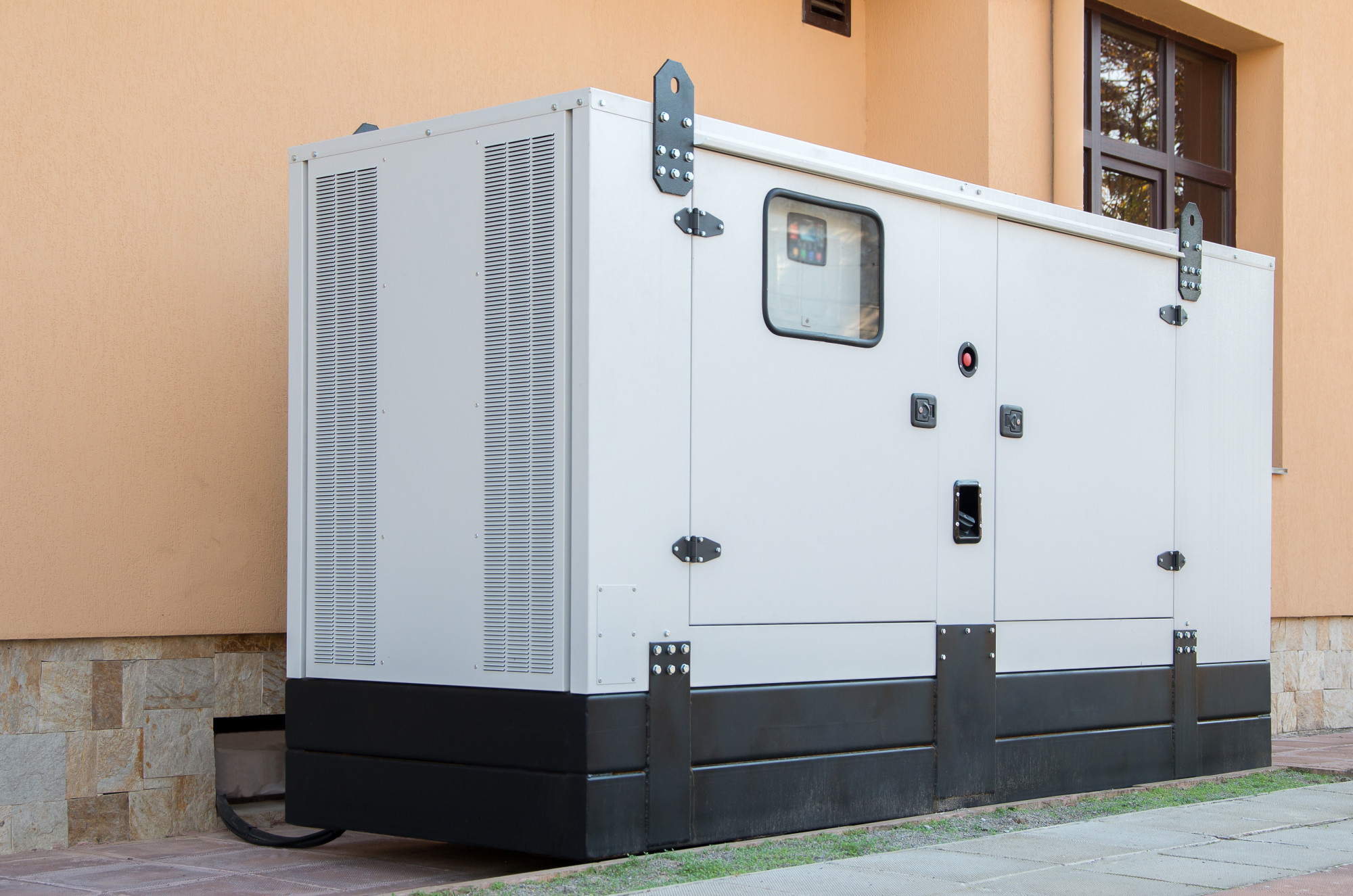Whole Home Generators: A Buyer’s Guide for Homeowners
Did you know the lengthiest major power outage in Florida in 2021 was over three hours?
Regardless, electricity could wink out at any moment. The best way to avoid inconveniences is to buy whole home generators. It ensures your HVAC continues functioning through the hot summer months.
Buying a whole home power generator can be confusing without prior experience. You might end up buying a poor-quality product with a short lifespan.
Do you want to avoid common buying mistakes? Read on and find out some tips.
Consider the Best Whole Home Generators Type
Two primary types of whole home generators exist—portable and standby. The former turns on automatically whenever an outage happens. Meanwhile, the latter allows you to pick the circuits to power.
Your best choice depends on your home requirements.
Standby generators are permanent installations, usually on the side of your home. It has enough capacity to power every appliance. The best part is it needs no further set up after the initial installation.
The primary downside of a standby generator is the cost. The average whole home generator installation is around $15,000.
Portable generators are more flexible and cheaper. However, it's only great as a whole home generator when you have a few electrical appliances.
Unlike their standby counterpart, portable generators will not turn on automatically. If a tree falls on your power lines, your home will have no power until you start your generator.
Think About the Generator Size
Your preferred generator size depends on the amount of electricity you use. Typical houses need a 7 kW generator to keep core appliances operational. If you have a larger space, consider getting a more substantial generator.
The best method is to add the watts of each appliance operating on your home. For example, a house with a window AC, refrigerator, computer, and five lights needs 1,700 watts. You can also look for an energy consumption calculator.
Look at the Additional Features
These additional features add to the generator's value. You need not find everything in one machine.
Automatic CO Shutoff
This vital safety feature turns off a generator whenever its sensor detects carbon monoxide buildup. It's more common in portable generators.
How do you determine whether a generator has this feature? Look for the ANSI/UL2201 Certified for Carbon Monoxide Safety label on the packaging.
Low-Oil Shutoff
When oil falls below the generator's minimum levels, it shuts down. It's a safety feature to prevent engine damage. All reputable stationary models have it.
Alternative Fuel Capacity
Most generators use gasoline. However, some also run using either propane tanks or natural gas. Some brands are also convertible with kits.
Install Whole Home Generators in Southwest Florida Now
These are some buying tips for whole home generators. Never let your home suffer from blackouts again. Use what you learned to get the best one for your home.
Are you looking for reputable whole home generator installation services? If so, contact us today for a service call. We serve Southwest Floridian areas such as Naples and Fort Myers.

